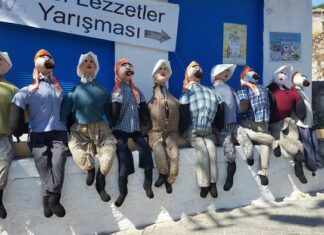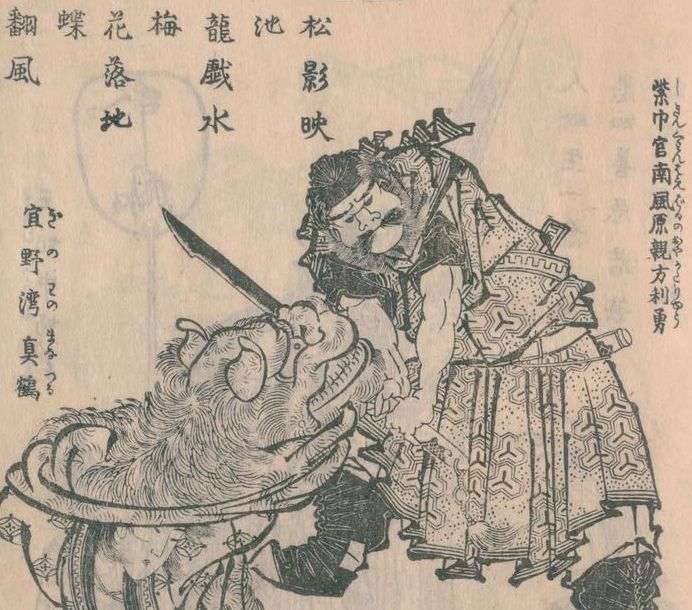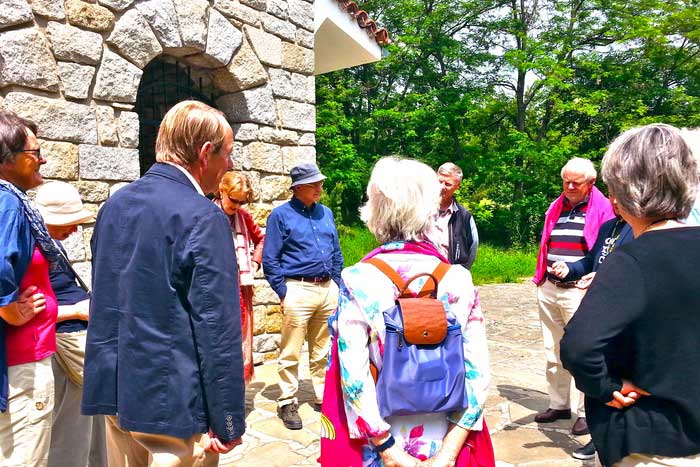That evening the counselor was a caller at the home of Mr. Z —, whose entire life was passed in performing trifling services to such representatives of humanity as comprise Classes VII to III of the official hierarchy. In his desire to please, the counselor related to Mr. Z what the Countess had witnessed at the Orphanage and what she had heard from the representative of the religious sisterhood. He added his own contribution that—ah—yes—that—really, books ought to be provided for the orphans.
“Nothing is simpler!” cried Mr. Z. “To-morrow I am going to the office of the Courier and I`ll see to it that an announcement of the book needs of the Orphanage is published.”
The next day Mr. Z very excitedly rushed into the editorial rooms of the Courier, imploring in the name of all the saints that it print an appeal to the public to donate books to the orphans.
He arrived at an opportune moment, for the paper needed matter for a few sensation-stirring lines. The reporter sat down at once and prepared an article headed: “A handful of children—under public care— suffering for lack of books.—The little tots are full of yearning.—Remember their famished souls!”
Then, whistling in satisfaction, he left for dinner.
Few days later on a Sunday
A few days later on a Sunday, arriving with my friend, the physics professor, I encountered before the locked door of the editorial office a shabbily dressed man with hands as soiled as a chimney-sweep`s and beside him a pale, thin little girl, illy clad, carrying a bundle of old books.
“What do you wish, sir?”
The sooty man raised his cap and answered timidly: “We have brought a few books, sir, for those `famished` children that you wrote about.”
The emaciated little girl curtsied and flushed as much as incipient anaemia permitted her to.
I took the books from her arms and put them in charge of the office- boy.
“What is your name, sir?” I asked.
“But, sir, what do you wish it for?” he responded, in embarrassment.
“Why, we must, of course, print the name of the donor of the books.”
“Oh, that isn`t necessary, please, sir. I am only a poor man working in the hat-factory. It isn`t necessary.”
And he went away with his thin little daughter.
Maybe it was because the professor of physics stood beside me that the thought of telegraphing by a new system occurred to me. The main station was the Orphanage, the receiving station the workman in the hat-factory. When the first gave the signal, “Attention,” the second responded immediately. When one demanded, the other supplied. The rest of us were the telegraph poles.
Read More about War with the Normans part 12








